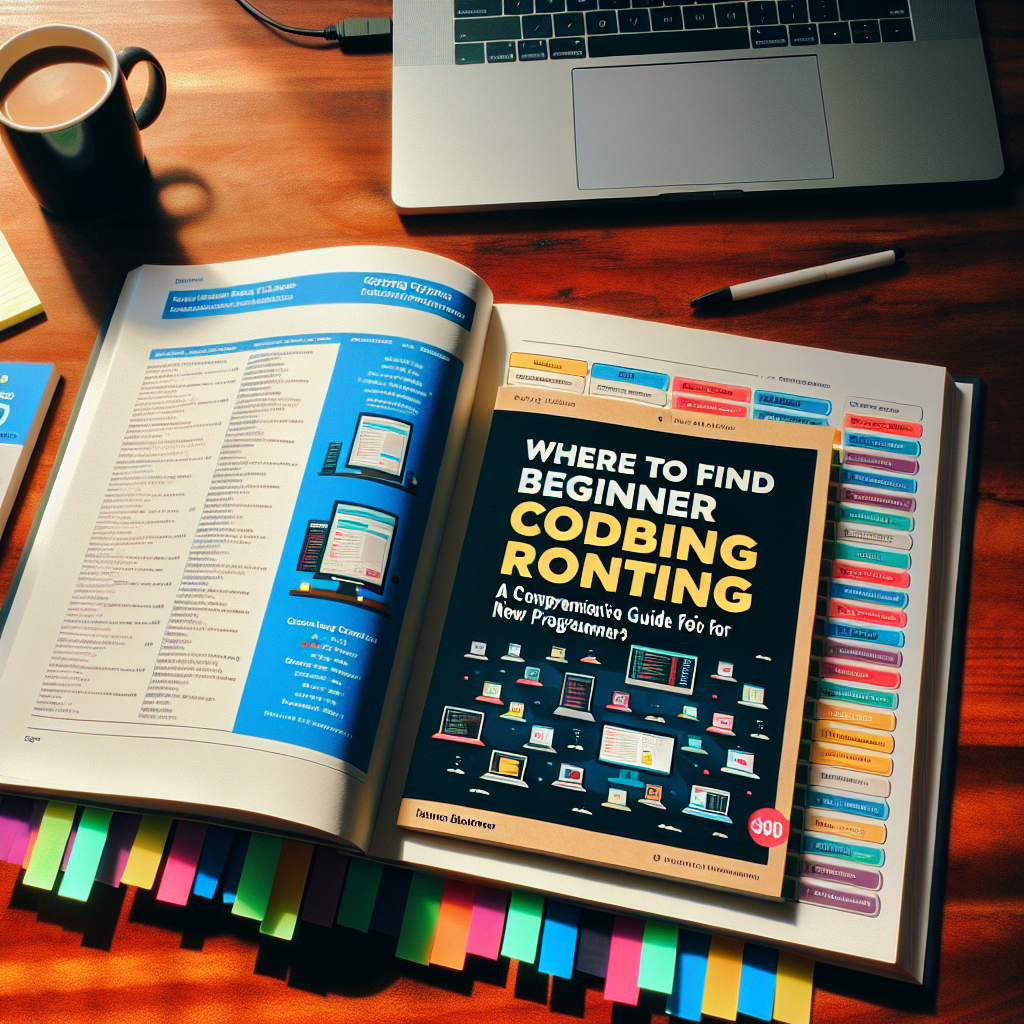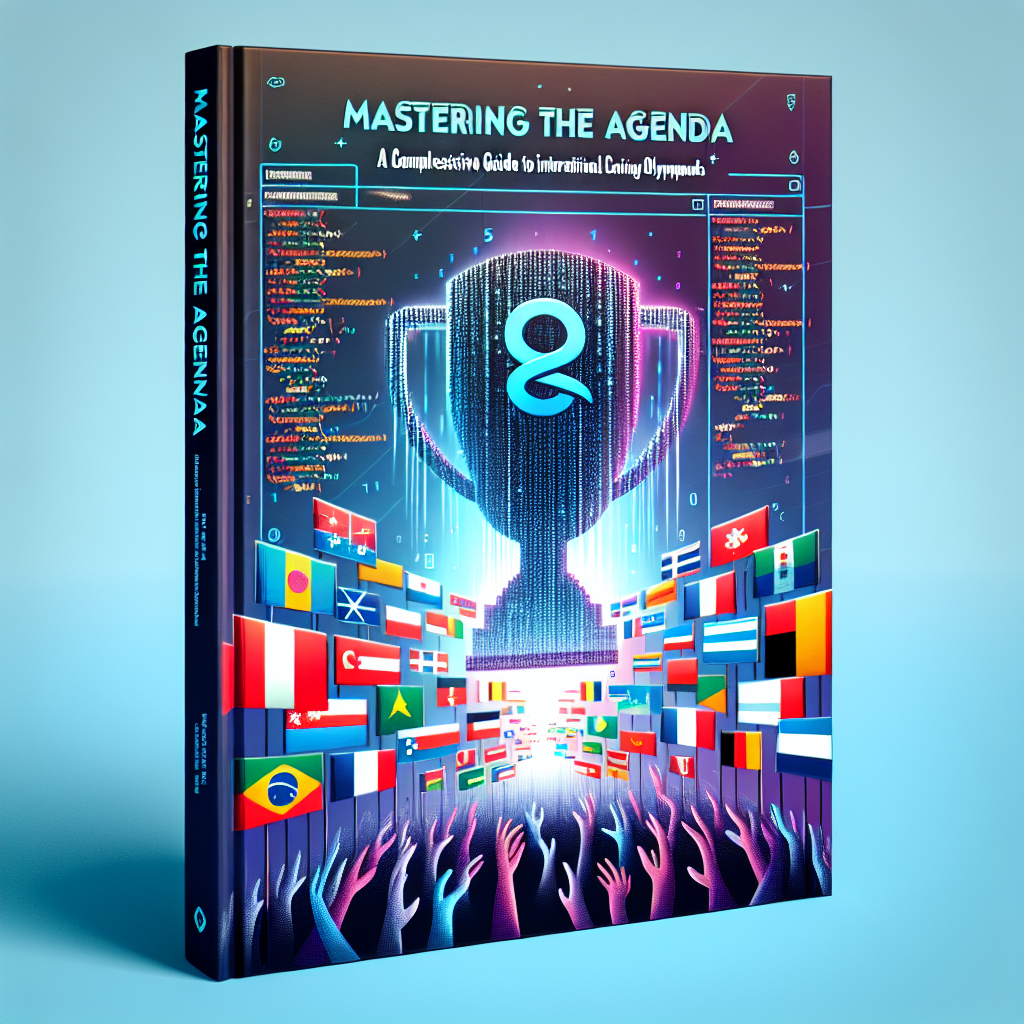Introduction: The Journey with Learning Algorithms in Competitive Environments
Learning algorithms have revolutionized how participants approach competitions across disciplines such as programming, data science, and artificial intelligence. Understanding, selecting, and designing strong learning algorithms can provide a significant competitive edge, enabling competitors to tackle novel problems, adapt to dynamic scenarios, and achieve outstanding results.
Fundamental Concepts of Learning Algorithms
Whether tackling a timed contest or a major hackathon, grasping machine learning fundamentals—such as supervised learning, reinforcement learning, and unsupervised learning—serves as the bedrock for competition success. Delving into classification, regression, and clustering techniques familiarizes participants with diverse strategies for model optimization and prediction accuracy.
Key LSI Keywords for This Topic:
- Algorithm optimization
- Data preprocessing
- Model evaluation techniques
- Feature engineering
- Coding competitions
- Artificial intelligence models
- Deep learning architectures
- Ensemble methods
- Practical implementation
The Role of Data Preparation in Competition Success
In competitive scenarios, the quality of data preparation directly affects algorithm performance. Techniques such as feature scaling, data augmentation, and effective data splitting are critical. Appropriate feature engineering helps in extracting meaningful representations, which in turn drives predictive power.
Effective Data Preprocessing Tips:
- Handle missing values early to avoid skewed results.
- Use visualization to understand feature distributions and outliers.
- Implement normalization or standardization for numerical features.
- Apply encoding methods to categorical data for algorithm compatibility.
Algorithm Selection: Which Learning Algorithms Work Best?
Selecting the right algorithm depends on problem constraints, data characteristics, and evaluation metrics. In algorithmic competitions, it’s common to see:
- Decision trees & Random Forests: Excellent for flexible feature handling and interpretability.
- Gradient Boosting Machines: Like XGBoost or LightGBM for high accuracy in structured data.
- Neural Networks: Used in image, language, and pattern recognition contests.
- Support Vector Machines: Effective for high-dimensional, small-medium datasets.
Competitors should be comfortable with hyperparameter tuning, regularization methods, and cross-validation strategies to maximize their model’s potential.
Designing Robust Learning Pipelines
A well-architected pipeline merges automated preprocessing, model selection, training loops, and evaluation. For competitive AI challenges, leveraging automated machine learning (AutoML) tools can streamline the process, but custom engineering often brings an edge.
Tip: Modular code structure enables quick algorithm swaps, easy feature testing, and efficient debugging during the competitive sprint.
Common Pipeline Components
- Data ingestion and cleansing modules
- Feature transformation blocks
- Model training and ensemble scripts
- Metrics dashboard for evaluation and comparisons
Model Evaluation and Iterative Improvement
Optimizing learning algorithms for competitions is an iterative process of model evaluation, feedback, and refinement. Using strategies like cross-validation, learning curve analysis, and ensemble stacking, competitors enhance robustness and accuracy. It’s vital to monitor both overfitting and underfitting, adjusting model complexity as needed.
Best Practices for Competitive Algorithm Success
- Understand evaluation metrics: From F1 score and accuracy to ROC-AUC or RMSE, knowing what matters to the leaderboard is crucial.
- Time management: Stick to strict timeboxes when tuning parameters or testing new ideas.
- Code reusability: Develop generalizable functions and utilities—you’ll save valuable minutes and reduce errors.
- Documentation: Keep notes on experiments and results for quick rollback or insights in final hours.
Conclusion: Toward Winning with Learning Algorithms
Excelling in competitive domains requires a blend of theoretical expertise, practical implementation, and creative design. By mastering learning algorithms, refining pipelines, and adhering to best practices, competitors are poised to achieve top ranks and derive lasting value from every challenge.



